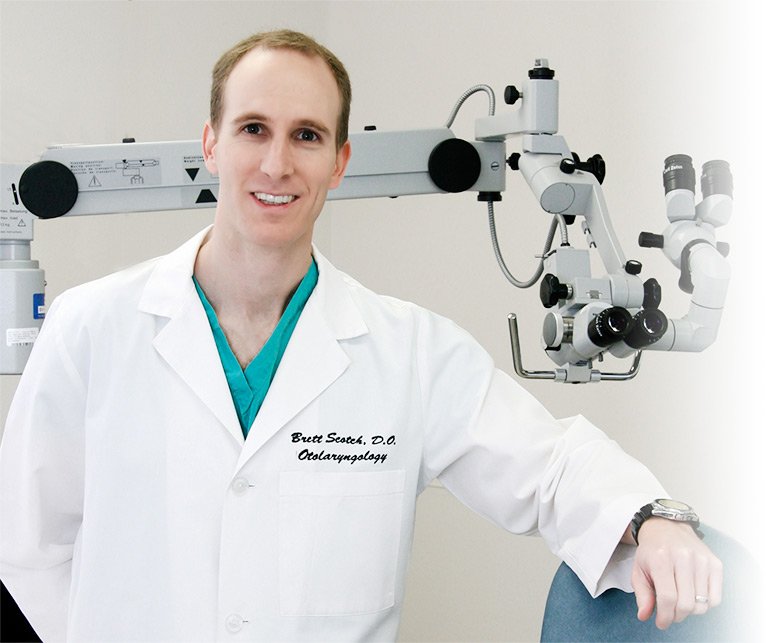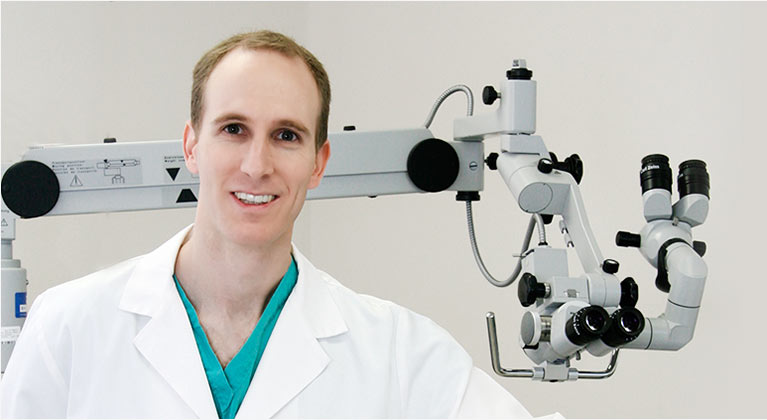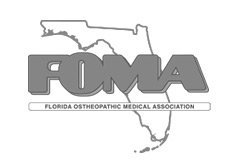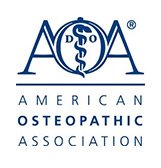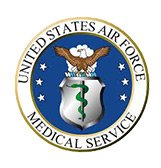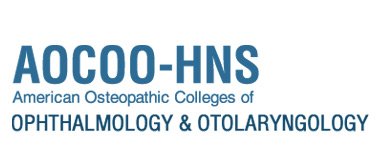Sinusitis
The sinuses are small cavities in the skull that are normally filled with air. There are four pairs of sinuses – Frontal, Maxillary, Ethmoid, and Sphenoid. They produce mucus, which helps keep the nasal passages clear of allergens and pollutants.
Sinusitis is an inflammation, or swelling of the tissue lining these cavities. In some cases, this swelling blocks off the sinuses, trapping mucus and air inside them. This can cause pain and pressure, and can sometimes lead to bacterial infection.
Sometimes, chronic sinusitis can result from defects in the structure of the nasal passages or a nasal polyp, which can block the sinuses and prevent them from draining normally.
Sinusitis Symptoms Include:
- Facial congestion/fullness
- Pressure and pain
- Headaches
- Nasal blockage
- Fatigue
- Fever
- Nasal Discharge
- Dental Pain
- Bad Breath
Treatment Options
Medications – The first line of therapy to treat sinusitis are various medications (antibiotics, decongestants, pain relievers, steroid nasal sprays, and/or irrigation to name a few).
Traditional Sinus Surgery – (Functional Endoscopic Sinus Surgery / FESS) under anesthesia with or without balloon sinus dilation. This may be performed in the hospital operating room, or in an ambulatory surgery center.
Balloon Sinus Dilation (In–Office Balloon Sinuplasty) – Small balloons, similar to those that open blocked arteries are used to reopen the sinus pathways. No bone or tissue is removed. It is performed under local anesthesia in the physician’s office, and most patients can resume normal activity the next day. This procedure keeps the sinus passages open which provides long term relief from sinusitis problems.







